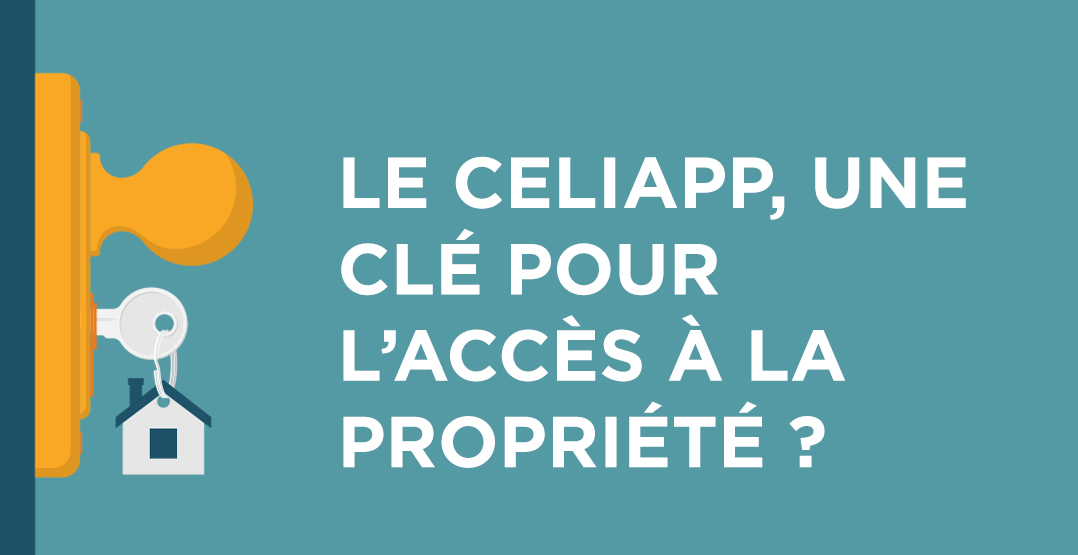The FHSA: the key to home ownership?

Introduced in the last federal budget, the new Tax-Free Savings Account for First-Time Home Buyers (FHSA) has been the subject of much criticism and technical analysis.
Bill C-32 provides a good overview of the new registered plan, but the Department of Finance Canada still needs to fine-tune some of the details.
In summary, the FHSA is available to Canadian residents 18 years of age and older who have not owned a qualifying home in the year of opening (of the new provision), or in the four preceding years. The annual limit on FHSA contributions is $8,000 to a lifetime limit of $40,000. It is also possible to carry forward the unused portion of your annual contribution limit up to $8,000. Contributions are deductible and can be carried forward to a future year. In addition, all FHSA withdrawals are tax-free if used for a first-time home purchase. Unlike the Home Buyer’s Plan (HBP), there is no requirement to repay amounts withdrawn under any of the HBP plans.
If the FHSA is not used, the account will have to be closed no later than 15 years after it was opened or when the account holder reaches the age of 71. The balance will become taxable unless it is transferred to a plan registered in the holder’s name. One does not need to have RRSP room to take advantage of this transfer, and it will not affect existing RRSP contribution room.
Thus, it is important to consider the suitability of this plan as early as age 18. Even if at that age a person has a rather vague idea of their life plans, it is still possible to open an FHSA account at 18, but this means that the purchase of a home must be made within the next 15 years; at age 33 at the latest. Otherwise, the account will have to be closed, as no eligible withdrawals would have been made.
Alternatively - and this is an interesting strategy - it would make sense for a qualified retiree to open an FHSA even if they do not intend to purchase a qualifying home. Why? Simply because the unused balance can be transferred to a registered plan without tax consequences.
FHSA to increase down payment: YES
In the event that an individual has enough cash flow to afford a conventional mortgage, should they absolutely withdraw money from the FHSA to increase their down payment or should they “create additional RRSP room” to grow their investments tax-free? In all cases, is almost always more beneficial to withdraw from the FHSA to lower the level of mortgage borrowing, regardless of the investor’s profile. The tax-free eligible withdrawal from the FHSA remains a strong incentive. While the money could continue to earn tax-free returns for several years by transferring the FHSA to an RRSP, the net after-tax value is frankly less than a non-taxable qualifying withdrawal like the FHSA.
Of course, the FHSA adds an additional savings tool for the taxpayer. However, the plan alone is not sufficient to purchase a home in the current environment.
Read also
PRESS RELEASE